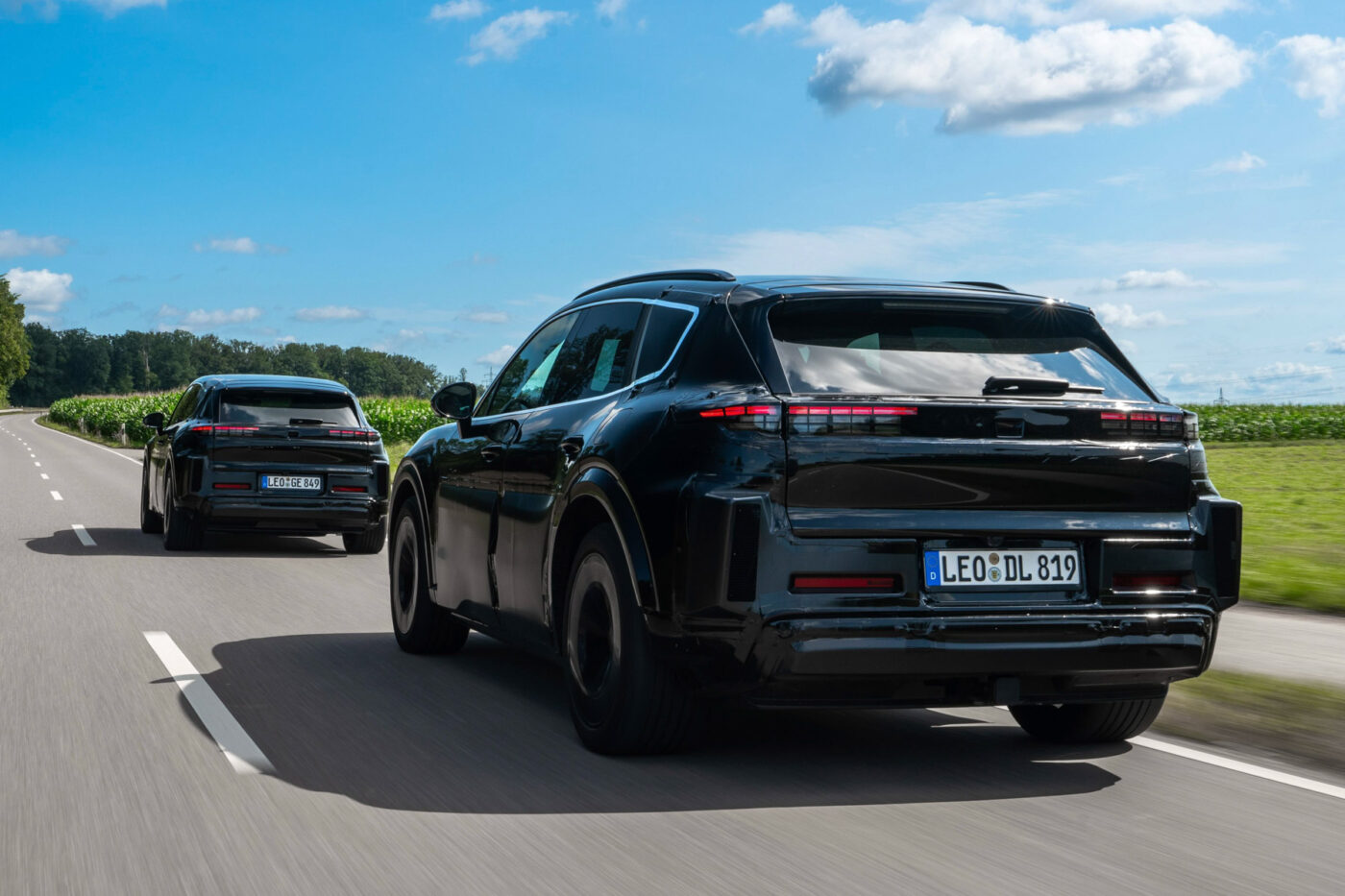Porsche wants to build more combustion engines
Porsche was one of the German car manufacturers with the most ambitious electric targets. In view of the economic development – but not only for electric cars – the sports car manufacturer is holding back on investing in the electric future for the time being and is sticking to the familiar business model with combustion engines and hybrids. The Zuffenhausen-based company had already toned down its plans in the course of 2024, when the economic development was already becoming apparent, and considered new editions of combustion engine platforms – or planned electric models would be given a hybrid or pure combustion engine.
A decision on this was not expected until the presentation of the business figures for 2024 in March. The company has now presented preliminary figures in advance and published the “long-term corporate planning,” agreed with the Supervisory Board. However, this also includes the planning for the 2025 financial year, meaning it also has short-term effects.
It primarily concerns a savings programme, as the forecast for 2025 is anything but good by Porsche standards: the company expects sales of 39 to 40 billion euros in 2025 and an operating return on sales of ‘only’ ten to twelve per cent. In 2024, Porsche will probably still have achieved a margin of just under 14 per cent; the target set at the IPO in 2022 was 20 per cent in the medium term. A margin of ten per cent would be the worst figure for a long time.
Will Audi support the combustion-powered Macan?
To counteract this, Porsche is not only planning “adjustments to the corporate organisation” and the expansion of the particularly lucrative “special and exclusive manufactury,” but also, contrary to previous plans, further combustion and PHEV models. There are no details on this yet, but there is one important figure: “Expenses in particular relating to vehicle development and in connection with battery activities in Porsche’s own subsidiaries will lead to significant additional expenditures,” says Porsche – and assumes 800 million euros this year.
Previously, the plan was that virtually all Porsche model series would be converted to electric platforms with the upcoming model changes and – if possible – the existing combustion engine models would be built in parallel with a further facelift for a few more years – for example with the upcoming Cayenne. That was also the plan for the electric Macan, but the almost three-year delay meant that the combustion model had to be withdrawn from the market in the EU due to data protection regulations, which is why the previously best-selling Porsche model is currently only available in all-electric form. The rumours from 2024 had already indicated that Porsche was looking for alternatives – and would either integrate combustion or hybrid drives into the electric models currently under development or continue to develop the combustion platforms in parallel.
Manager Magazin has now brought another option into play: support from Audi. The sister brand in the VW Group is also struggling financially, but still has a combustion model on offer in the mid-range SUV segment with the Q5. It is not yet clear whether Audi will only supply the platform (the ‘old’ combustion-powered Macan already shared the platform with the Q5) or whether it will even take over production. According to the report, a final decision on a new combustion-powered Macan has not yet been made. If it comes, it should be on the market in early 2028.
However, even a pure platform supply has been criticised internally at Audi. “Audi always bears the largest share of the costs, Porsche benefits from platforms and units that have already been developed,” says Manager Magazin, summarising some of the reservations from Ingolstadt. However, Audi is also set to benefit from a Porsche model called ‘C Sport,’ an electric TT successor based on the Porsche 718 – probably together with another offshoot from Cupra. However, Audi’s displeasure is said to be growing here as the electric Boxster/Cayman continues to be delayed due to several problems (including with the battery).
Back to Porsche: apart from the very open statements on the measures and drive types quoted in this article, the German carmaker is still holding back on details. Further statements will not be made until the complete, audited annual report on 12 March. In view of the momentous announcement, the first analysts are calling for clarity sooner – and not four and a half weeks of radio silence.
Especially as these are turbulent times in the north-west of Stuttgart: it was only at the weekend that Porsche announced its intention to part ways with two members of the Executive Board or to hold talks about premature termination of their contracts – this affects CFO (and Deputy CEO) Lutz Meschke and Sales Director Detlev von Platen. And it was Meschke who hinted at the new combustion engine course in 2024. The coming months will show how things will continue at Porsche – both on the Executive Board and strategically.
porsche.com, manager-magazin.de (paywal; in German)





0 Comments